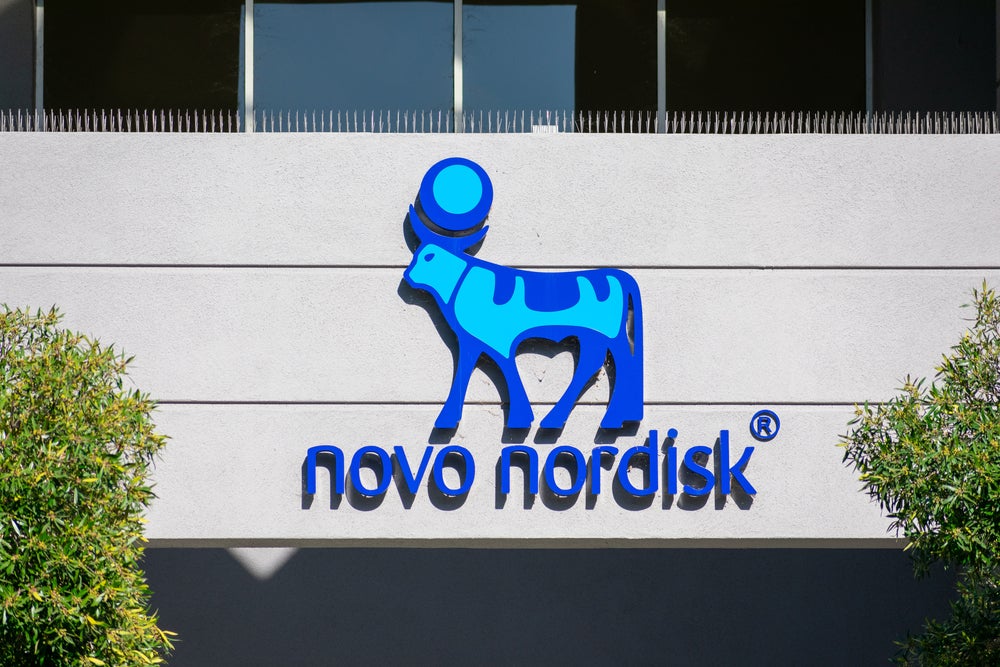US Food and Drug Administration (FDA) has approved Talvey (talquetamab-tgvs) for the treatment of refractory or relapsed multiple myeloma in adult patients who have received at least four prior lines of therapy.
Talvey is a bispecific antibody targeting T-cell CD-3 receptors and G protein-coupled receptor class C group 5 member D (GPRC5D) developed by Janssen. It received accelerated approval as a weekly or biweekly subcutaneous therapy.
University of California multiple myeloma programme director Ajai Chari noted in a press release: "Patients at this stage of the disease have a poor prognosis. Talquetamab as a first-in-class therapy is a new option for patients with this difficult-to-treat blood cancer."
The approval was based on meaningful overall response rates (ORR) demonstrated in the Phase II clinical trial data. However, continued approval for Talvey is contingent upon further confirmatory trials showing clinical benefit. To that end, Talvey is only available for use via a Tecvayli and Talvey risk evaluation and mitigation strategy programme.
Phase II trial data
The open-label, non-randomised Phase II clinical trial (NCT04634552) reported a 73.6% ORR in patients receiving biweekly 0.8mg/kg Talvey.
Six months from the first response, 58% of the patients showed very good partial response (VGPR) or better, with 33% of patients showing a complete response (CR) or better. The response was sustained at 14 months, with 57% and 35% of the patients showing a VGPR or better response and CR or better response, respectively.
The median duration of response was 9.5 months for patients in the 0.4mg/kg Talvey cohort. The biweekly Talvey cohort did not reach a median duration of response.
The adverse effects of Talvey include cytokine release syndrome (CRS), neurologic toxicity such as immune effector cell-associated neurotoxicity syndrome (ICANS), weight loss and oral toxicity, infections, cytopenias, skin toxicity, hepatoxicity and embryo-foetal toxicity.
A commonly reported severe adverse effect was a decrease in blood counts, including lymphocyte, neutrophil, white blood cell and haemoglobin.
"The approval of Talvey, our fifth innovative therapy and second bispecific antibody approved for the treatment of multiple myeloma, demonstrates our commitment to expanding our portfolio of medicines to help address unmet needs for patients who continue to face challenges with this complex haematologic malignancy," said Peter Lebowitz, global therapeutic area head for oncology at Janssen.
















